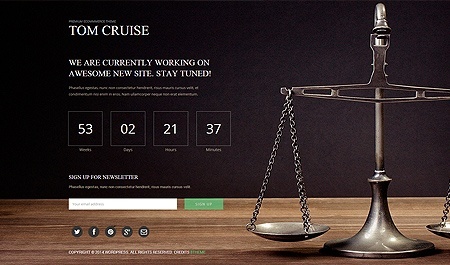Suspendisse
Incorporating a limited liability company (Ltd)
Incorporating means registering a limited company or LLP at Companies House: it’s a move that will lend credibility to the business. It may also make it easier to borrow money when the time comes. But do look carefully at your motives: being the managing director of a limited company may bring status, but you may regret the move when struggling with the year-end accounts.
Once you register at Companies House as a private limited company you are letting yourself in for more administration. But it is not as daunting as it used to be – these days you can be the sole shareholder and director, and act as company secretary too (although appointing a company secretary is no longer a legal requirement).
Most private limited companies are owned by their shareholders and are limited by shares. This means that the face value of their share in the business is the most they can be called on to pay if things go wrong.
The great advantage of limited liability is that you can control your exposure to financial risk. There’s a firewall between your money and the company’s. This is because a limited company is a separate legal entity to the company directors, therefore it is the business itself that shoulders the financial liability if the business goes under. Your home, your family and your lifestyle are protected.
The tax regime is more favourable to a registered company than to a sole trader. Limited companies pay corporation tax on their profits and their company directors are taxed as employees in the same way as other people who work for the company. UK small profits corporation tax rate, applied up to £300,000, is 20% and only rises to 26% once profits exceed £1.5m (with a sliding scale in between). But in a limited company profit there is also a firewall between profit and your income: you will have to pay income tax on the salary the business pays you.
Once you are trading, you will be required to submit full statutory accounts and a company tax return to HMRC each year, as well as making monthly or quarterly payments of employees’ income tax (PAYE) and NICs.
You will also have to file statutory accounts and an annual return to Companies House, although small and medium-sized companies (with a turnover of less than £5.6m) can submit an abbreviated version. Here is a handy checklist to help you keep on top of your tax and accounts.
Before you can start trading, you need to officially register your limited company, decide on the company officers and choose a name for your business. Then, once you’ve filed the correct documents with Companies House, you are ready to go.





































































Leave a reply